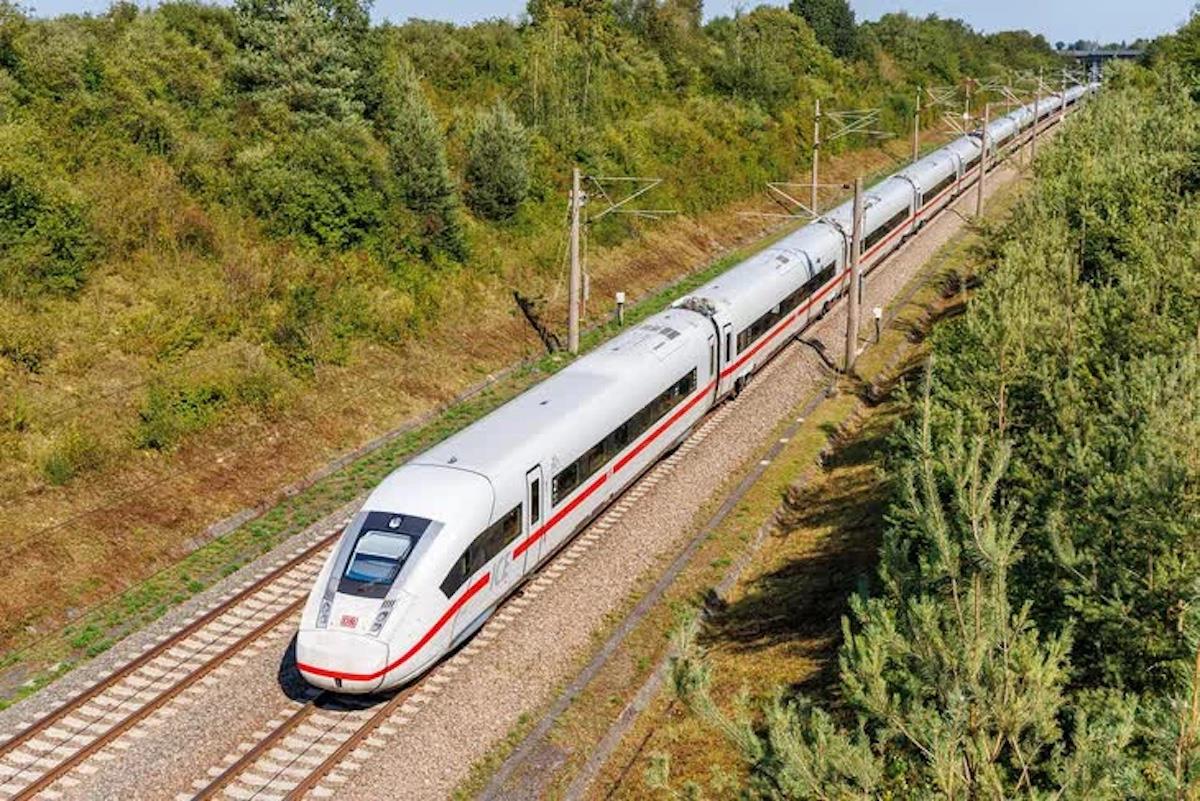
Vingroup Tests The Line Of Vietnam's New Capitalism
However, less than 24 hours later, the headlines suddenly vanished as articles disappeared online, links went dead and state-controlled media fell silent. The cause behind the censorship: the full proposal had leaked online, revealing terms that shocked the public and ignited a backlash.
Pham Nhat Vuong, Vingroup's founder and Vietnam's first dollar billionaire, signed the May 6, 2025, document, which reports showed was addressed directly to Prime Minister Pham Minh Chinh and Deputy Prime Minister Tran Hong Ha.
In it, VinSpeed, a newly formed Vingroup subsidiary , asked to be the sole investor and operator of the $61 billion railway project. The state was requested to pay for 80% of the figure -around $49 billion-via a zero-interest loan over 35 years, while VinSpeed would provide the remaining 20%. Land clearance costs were not included in the proposal, sparking speculation that they would be paid by the state.
The company also asked to be designated the investor for urban development and real estate projects along the railway route, especially around stations, in order to mobilize extra funds. In addition, it requested the right to use the state loan as interim operating capital for its broader business activities.
Finally, it proposed to set a floor for ticket prices at 60–75% of prevailing airfare price ceilings.
It wasn't the proposal's ambition, but rather its terms, that set off the public uproar expressed mainly online. Many questioned in chat forums why a private company should request tens of billions of dollars worth of interest-free public loans, gain control of adjacent real estate and set price floors with little transparency and no competition.
By May 12, most news coverage of the proposal had vanished. Two days later, on May 14, state media reintroduced the story -this time framed as a patriotic initiative aligned with the ruling Communist Party's goals.
But by then, the original leak had already opened a much larger conversation about private capital, political power and the future direction of Vietnam's economy under new leadership.
Interpreting the falloutThe VinSpeed leak and the media fallout became a live experiment in how power, capital and policy are bargained over in communist-ruled Vietnam. Three general interpretations have emerged.

Legal Disclaimer:
MENAFN provides the
information “as is” without warranty of any kind. We do not accept
any responsibility or liability for the accuracy, content, images,
videos, licenses, completeness, legality, or reliability of the information
contained in this article. If you have any complaints or copyright
issues related to this article, kindly contact the provider above.




















Comments
No comment